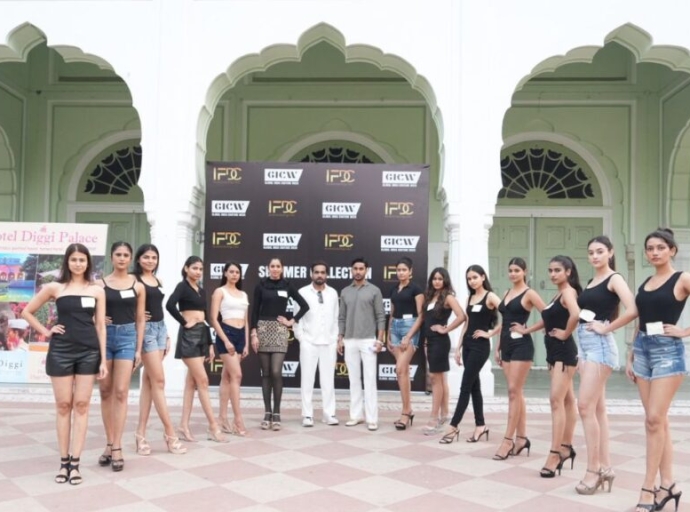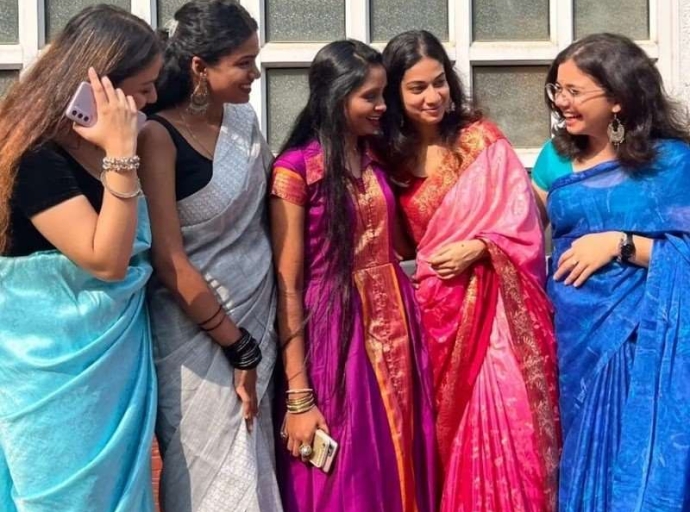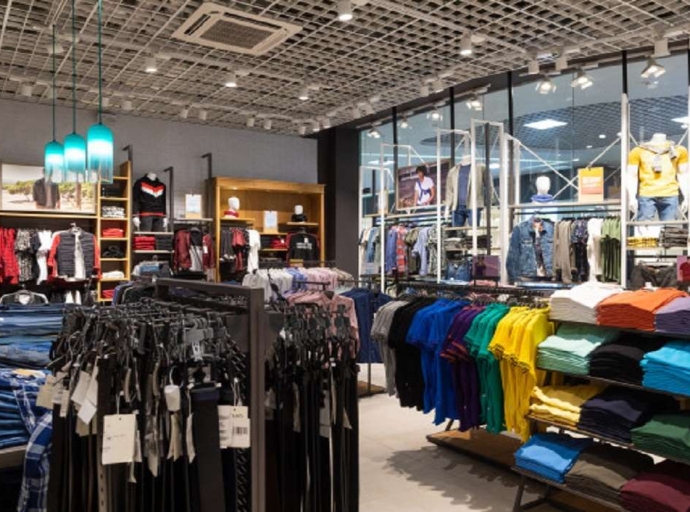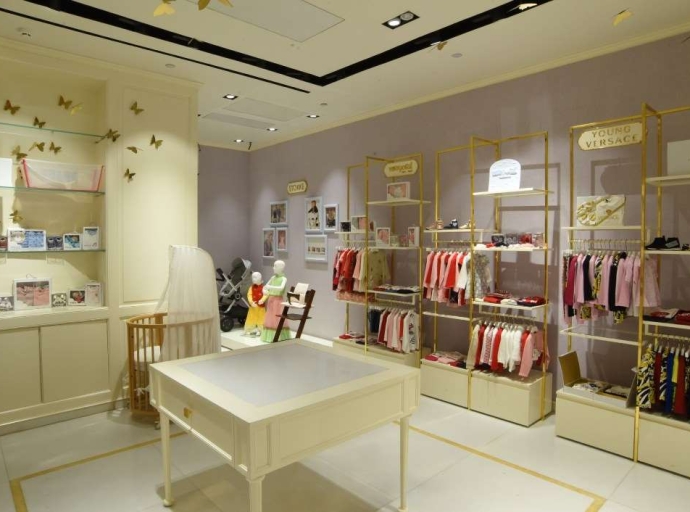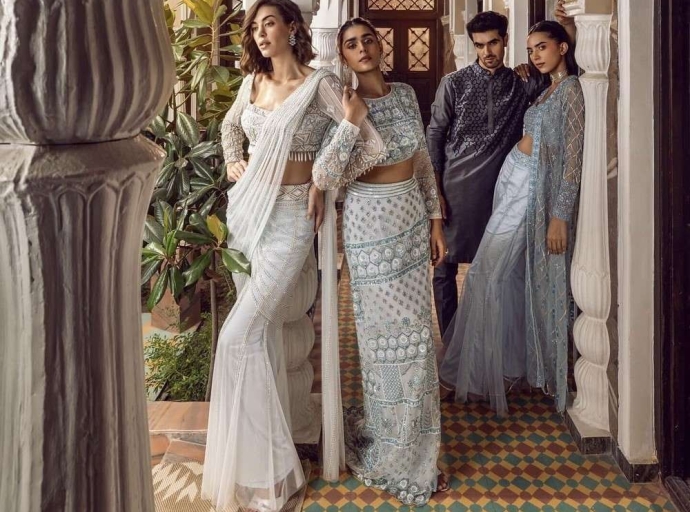09 January 2024, Mumbai
WHY India
2023 witnessed a captivating fashion revolution in India. Like a vibrant runway show, global brands strutted into the market, leaving a trail of designer handbags and stylish threads.
Video Insights
From luxury giants like Balenciaga under the Reliance umbrella to e-commerce favorites like BoohooMAN on Myntra, international names across segments flocked to this booming market. But what fueled this fashion invasion, and who are the next stars likely to grace the Indian stage in 2024?
Reliance Takes the Spotlight
Reliance Industries, the retail behemoth, orchestrated a breathtaking performance. Its subsidiary, Reliance Brands Ltd. (RBL), became the grand couturier, bringing in coveted luxury brands like Sandro, Maje, Valentino, and Balenciaga. These designer titans found a new stage in India, further solidifying RBL's position as a fashion-forward force.
"India's rising disposable income and evolving consumer preferences present a unique opportunity for luxury brands," stated Darshan Mehta, CEO and MD of RBL, in one of his reported interviews, highlighting the strategic logic behind his acquisitions.
E-commerce Catwalks onto the Scene
But the runway wasn't solely dominated by brick-and-mortar giants. E-commerce platforms like Myntra played a starring role, onboarding names like BoohooMAN, Anne Klein, NEXT, Oasis, and Parfois. This diverse bunch catered to a range of styles and budgets, making Myntra an international fashion hotspot for Indian shoppers.
"We are constantly working to expand our brand portfolio and offer curated experiences to our diverse customer base," explained Amar Nagaram, CEO of Myntra, emphasizing the platform's commitment to providing global options.
Beyond E-commerce and Reliance: More Players Join the Party
The fashion fiesta wasn't limited to these two titans. Birkenstock, the iconic sandal brand, announced plans to open 10 franchisee outlets through Varun Bagadiya, Director of Element Retail, bringing its comfort and style to a wider audience.
Social commerce also stepped onto the catwalk. Trell, a leading platform, partnered with Bestseller India to introduce European brands Jack & Jones, Vero Moda, and Only to its influencer network. This strategic move leveraged the power of social media to connect these brands with millions of fashion-conscious consumers.
What fueling this fashion invasion?
Several factors fueled this global fashion invasion. India's rapidly growing middle class, rising disposable income, and increasing internet penetration created a lucrative market for international brands.
Enablers
Additionally, the government's efforts to simplify FDI norms and foster a startup-friendly environment further strengthened India's appeal as a fashion destination.
"India's young and aspirational population, combined with its strong economic growth, makes it a highly attractive market for global brands," commented Abhishek Agarwal, Managing Director of Alchemy Capital, a private equity firm focused on consumer brands.
Who's Next on the Runway? Brands to Watch in 2024
With its young and evolving market, India promises to attract even more international names in 2024. Brands like Roberto Cavalli, Dunhill, Armani Caffe, and Foot Locker are reportedly in talks to enter the Indian market, potentially through Reliance and other major players.
Additionally, European and Turkish brands like Kiabi, Mavi, Damat, and Dufy are eyeing expansion into India.
The Future of the Indian Fashion Scene
This influx of global brands promises to have a lasting impact on the Indian fashion landscape. It will lead to increased competition, a wider variety of styles, and improved product quality. Additionally, it will expose Indian consumers to international trends and sensibilities, refining their tastes and preferences.
Quotes
"The Indian fashion market is poised for further growth and diversification," predicted Ritu Bansal, Founder and CEO of Ritu Kumar, a leading Indian fashion designer. "We can expect to see a unique blend of global trends and Indian sensibilities emerge in the coming years."
Narrative
As the Indian fashion story continues to unfold, one thing is certain: the future promises to be bold, stylish, and full of surprises.
This market, once a spectator on the global fashion stage, is now taking center stage, captivating audiences with its own vibrant narrative.
Latest Textile Events


